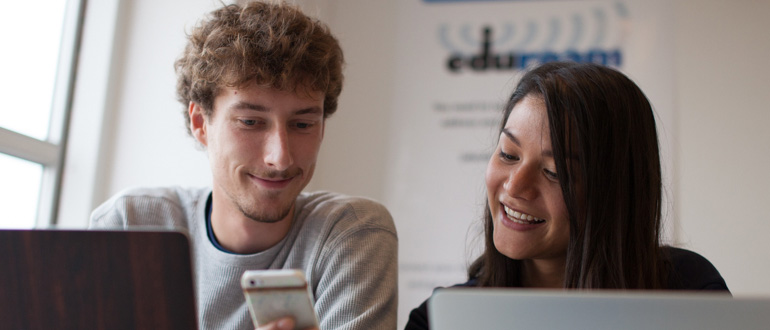Summary
This report presents empirical findings from a study of two small, innovative enterprises located in peripheral Denmark: Dansk Natursafari [Danish Nature Safari] in the village of Møgeltønder in the southern part of peninsular Jutland (near the German border); and PileByg [WillowConstrution] near the town of Hjørring in the northern part of Jutland.
The aim was twofold:
(1) to look at how innovation takes place, and
(2) to find out how the Danish state can best support such businesses.
The latter aim is shared by other studies within the research project Landbrugsrelaterede Innovative Virksomheder [Agriculture related innovative enterprises], financed by the Danish Ministry of Food, Agriculture and Fisheries. The study is based on in-depth interviews. The interviews show that collaborative networks based on trust are an important prerequisite for innovation and market success.
Furthermore, in the two case studies unconventional cooperation between different partners (e.g. between a newspaper and a tourist enterprise) is conducive to innovation and increased profits. Important is also the entrepreneurs’ experiences within their respective fields, a flair for market opportunities, a good reputation and strong commitment from the side of both manager and staff. In this context, the word ildsjæl [lit. ‘fire soul’, i.e. dedicated soul] appeared again and again in the interviews – together with the firm belief that ‘the impossible is possible’. In both cases, the local community played a minor role, albeit a flexible, efficient and informal cooperation with local and regional business partners seems to promote innovation for economic benefit for all parties. Regarding possible state support, the interviewees found that the state could support such small innovative enterprises effectively by subsidizing a part of the expenses to accounts and marketing services, as well as services from external experts (e.g. engineers and fundraising advisors). This is especially needed in the critical start-up and product development phases. It was stressed, that such help should be regarded as help to self-help.
